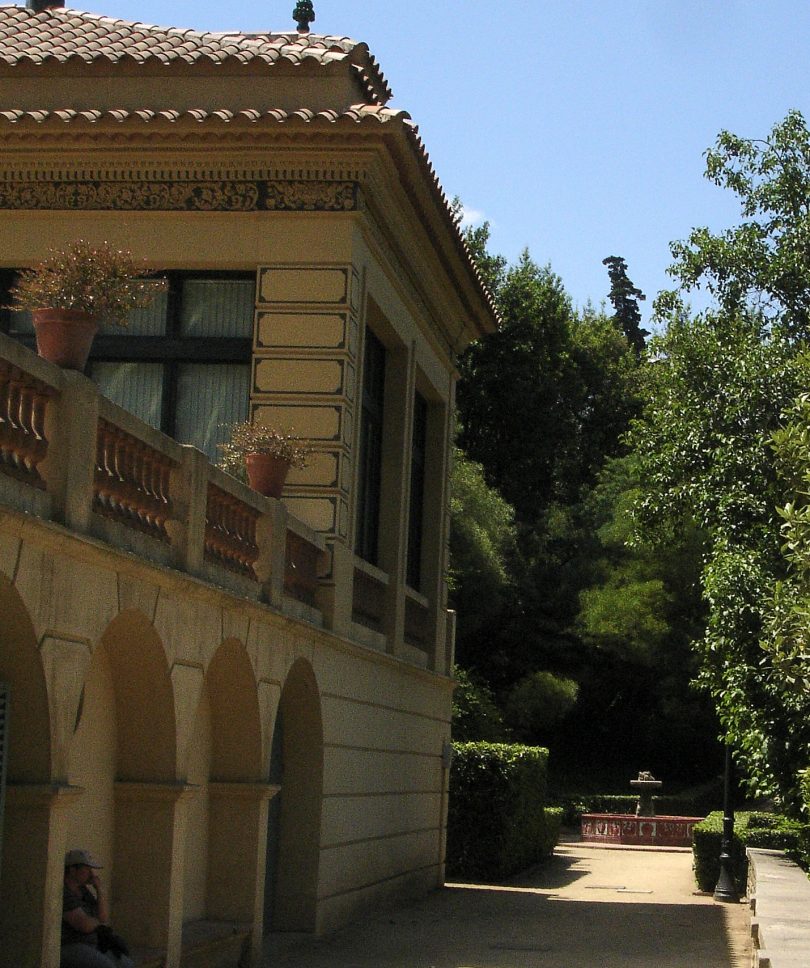So you’re thinking about purchasing a holiday home, or maybe even emigrating to Spain, but you’re a little unsure as to what the big move might involve. There’s no need to panic, this quick and simple guide should tell you everything you need to know about the Spanish property market.
Finding Suitable Accommodation
First things first, if you’ve been dreaming of the perfect european abode for quite some time, what’s another couple of months? It is vitally important that you have a good look around and choose your location wisely, the last thing you want is to end up in a property that disappoints.
It is often wise to seek the assistance of an Estate Agent when browsing for properties in Spain, as having an expert on board from the beginning can lighten the load considerably, leaving you able to relax and enjoy your viewings. Also, Estate Agents are well connected and can often direct you to properties of the like you might not otherwise come across.
Examine, Examine, Examine
Upon first impressions some homes may seem perfect for your needs, however, in the long term this is not always the case, so it is extremely important that you spend a considerable amount of time and inspecting every nook and cranny. It may also be worth paying for a professional survey on the property if you are seriously considering buying.
The Planning Stage
Many immigrants to Spain choose to purchase their property at the planning stage. This often allows for impressive discounts and, as you will often pay in installments, ensures you won’t get ripped off. If you’re not happy when the home is completed, you can simply refuse to pay your last installment until the property is bought up to spec – a great tool for leverage. Although this option isn’t for everyone, if you’re on a budget, you really can’t go wrong.
Signing On The Dotted Line
The moment you sign the purchase agreement, both you and the seller are committed to the deal, so it may well be worth getting an English lawyer to look over the contract, but this isn’t essential. Although housing deals are usually notarised, when no mortgage is involved, the agreement if often concluded in a private document without the need for a notary, and this can obviously speed up the whole process, but be careful, as any purchase agreement is enforceable by Spanish Law.
Paying Your Taxes
Before you buy your dream home it is important to remember that various taxes must be paid on property purchases, and these taxes could well lower your budget significantly. If you’re buying a new home, you must pay value added tax (VAT) to the seller, and if you’ve chosen an older property, although the value added tax is dropped, you will be asked to pay transfer tax, which will usually work out to around 6 or 7% of the property value.
So now you know the score, hopefully you’ll be better prepared to make the right decision.







